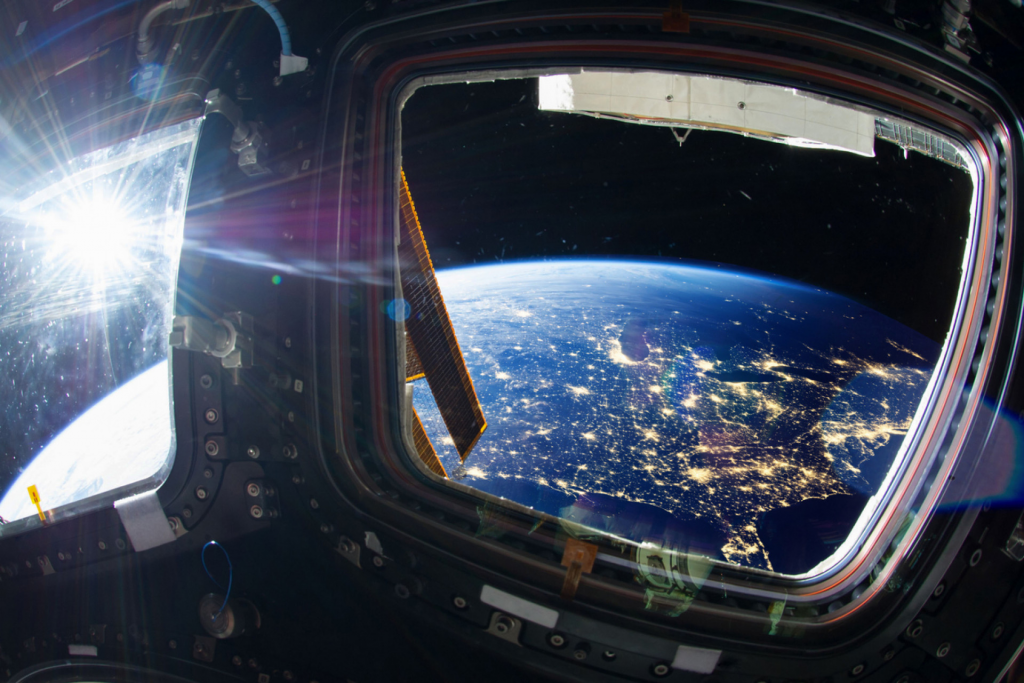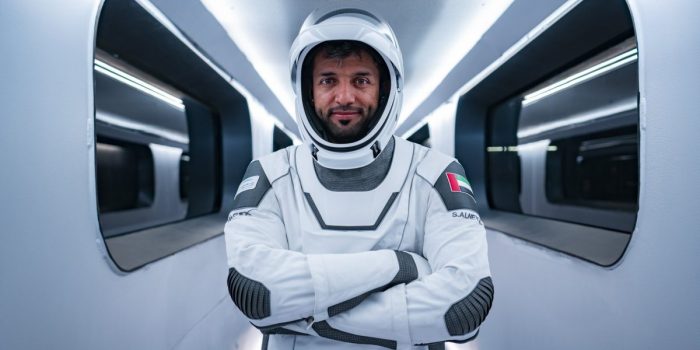Fasting during Ramadan is an essential religious practice for millions of Muslims worldwide, but what happens when a Muslim astronaut travels to space during this time?
This is the situation faced by astronaut Sultan Alneyadi, one of the few Muslim astronauts to have traveled to space, as he begins his six-month stay aboard the International Space Station during the holy month.
Alneyadi is one of only a few Muslim astronauts to have ever traveled to space, and during his mission, Muslims on Earth will be observing Ramadan from March 22 to April 21. As an astronaut, Alneyadi is considered a “traveler,” which means he is excused from attempting to observe Ramadan at the same time as Earth-bound Muslims. However, he explained that he could break his fast if he feels unwell or if fasting could jeopardize the mission or put himself or his crew members at risk.

“Fasting is not compulsory if you’re feeling not well. So in that regard — anything that can jeopardize the mission or maybe put the crew member at risk — we’re allowed to eat sufficient food to prevent any escalation of lack of food or nutrition or hydration,” Alneyadi said in a news conference.
Alneyadi also said that he could fast according to Greenwich Mean Time or Coordinated Universal Time, which is used as the official time zone on the space station.
Ramadan is a time of fasting, prayer, and reflection for Muslims worldwide, and it traditionally ends with the celebration of Eid al-Fitr. Alneyadi will also be in space during Eid al-Adha, a celebration of Muslims’ annual pilgrimage to Mecca, which begins on June 28.

While Alneyadi is not required to fast during Ramadan, he expressed an interest in doing so if possible.
“If we had the opportunity, definitely Ramadan is a good occasion to fast, and it’s actually healthy,” he said.
However, given the unique circumstances of his mission, it remains to be seen if Alneyadi will be able to observe Ramadan while in space.
The experience of Muslim astronauts raises exciting questions about the intersection of religion and space exploration. As space travel becomes more accessible to people of different backgrounds and beliefs, it will be essential to consider how religious observances and traditions can be accommodated in the unique environment of space.

As Alneyadi’s experience shows, it may not always be possible to observe religious practices in the same way as on Earth. Still, there may be creative solutions that can allow for spiritual reflection and observance while in orbit.


